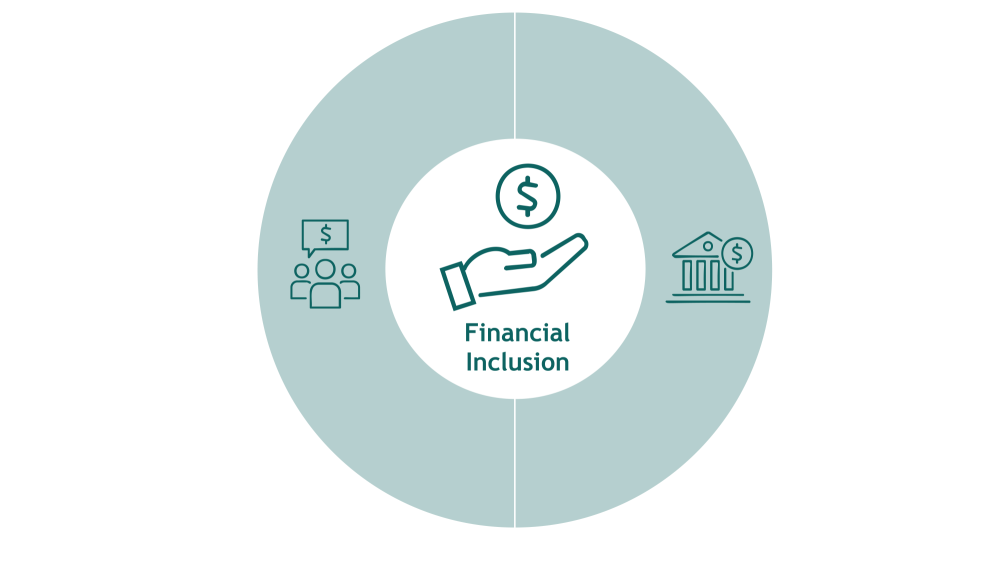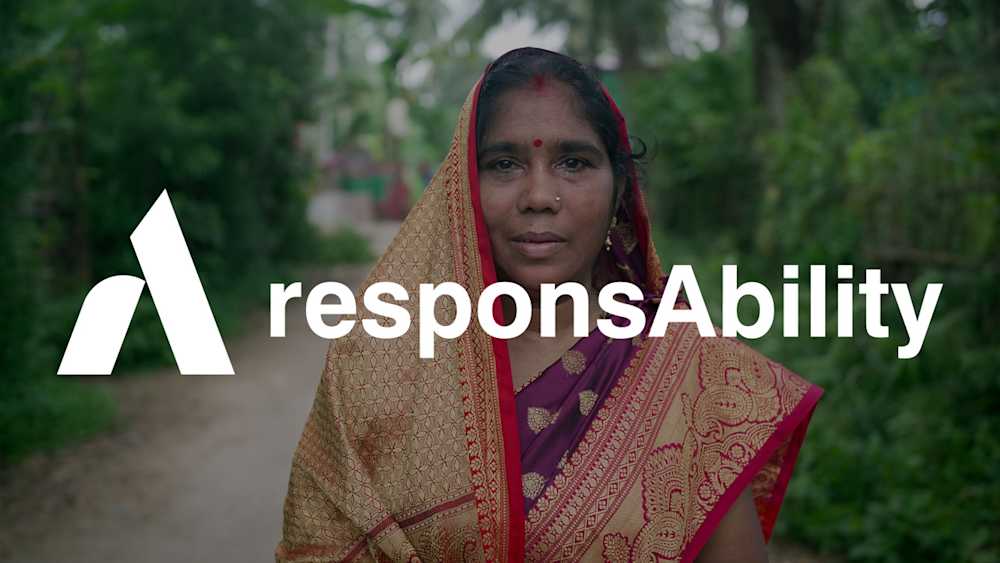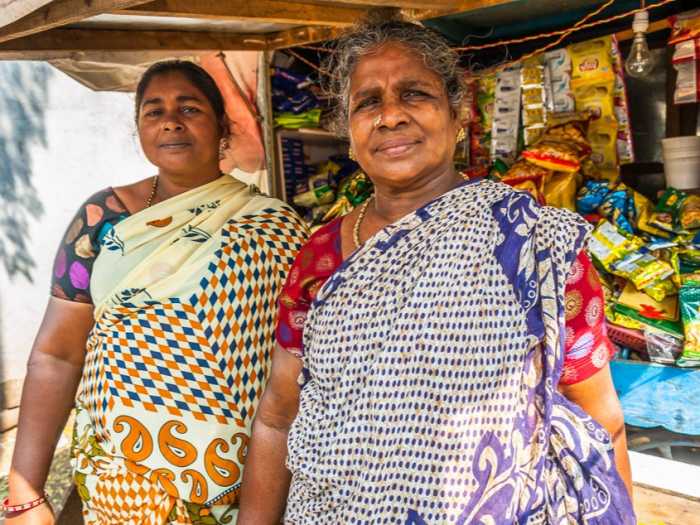
Learn more about responsAbility and
Financial Inclusion
What is Financial Inclusion?
Financial Inclusion aims to make financial services available to a vast number of people in developing countries who currently lack access to banking. Additionally, many micro, small, and medium-sized enterprises in these regions are believed to be underserved, resulting in a significant yearly financing shortfall. Investments in this area not only provide essential capital but also aim to bring about positive secondary effects such as local job creation, poverty reduction, empowerment of women, and improvements in education, health, and sanitation.

Microfinance involves offering loans to self-employed individuals and entrepreneurs, primarily women, who are engaged in various small-scale commercial activities such as running retail stores, producing handcrafted items, or working as street vendors, farmers, food processors, or traders.
SME Finance is focused on providing loans to small and medium enterprises. This financing supports a diverse array of services and sectors including agricultural, small-scale industrial, and manufacturing ventures, addressing the needs of what is often called "the missing middle."

Why invest in Financial Inclusion in Emerging Markets?
Funding Demand (USD)
5.7 trillion
The IFC estimates that across 119 emerging economies there is an annual SME funding gap of USD 5.7 trillion per year.
Filling the gap
1.3 billion
High demand for financial services. 1.3 billion adults remain without access to financial services today.
Empowering progress
7
Financial inclusion has been identified as an important enabler for 7 of the 17 Sustainable Development Goals.
Financial Inclusion in the News
Meet our Financial Inclusion Leadership Team

Jaskirat Chadha
Head of Financial Inclusion Debt

Volodymyr Tsapko
Head of Financial Inclusion Equity

Benoit Bouet
Head of Financial Institutions Debt ECA MENA

Michael Fabbroni
Head of Financial Institutions Debt Africa & Country Director Kenya

Enrique Hurtado
Head of Financial Institutions Debt LATAM

Dmytro Koba
Principal, Financial Inclusion Private Equity

Sharad Venugopal
Head of Financial Institutions Debt Asia Pacific

